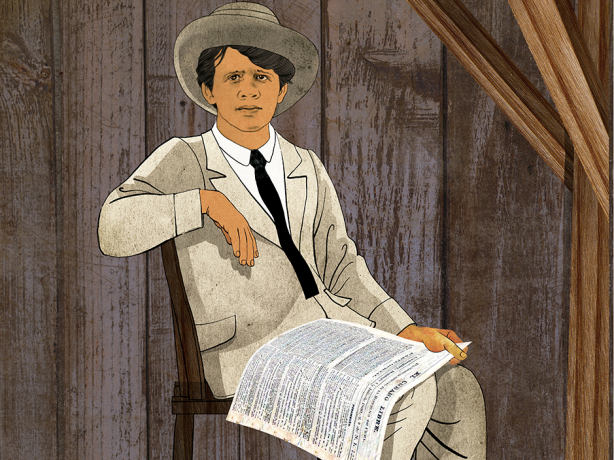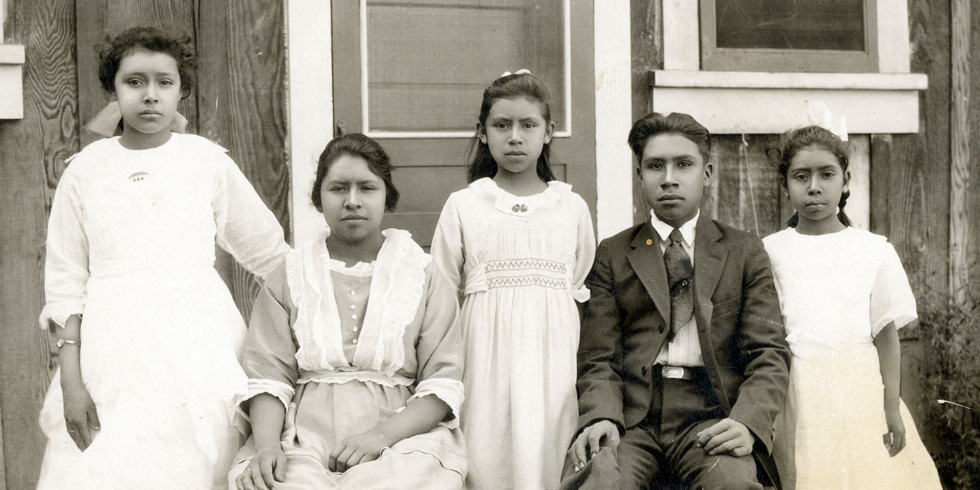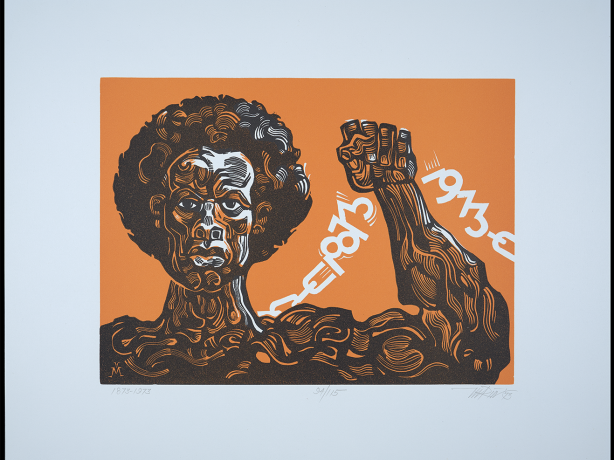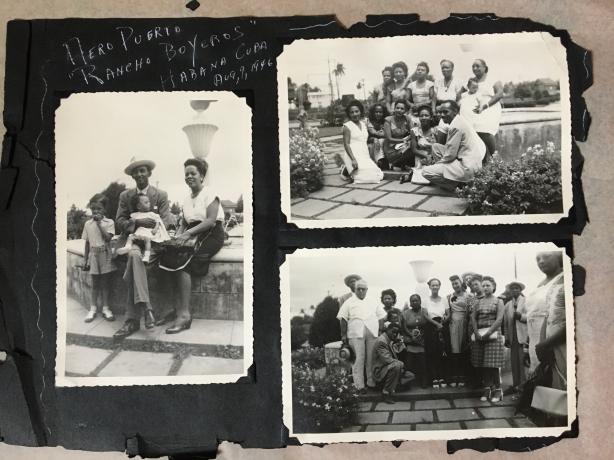Latino History is American History
Latino perspectives energize our understanding of U.S. history. We invite you to reflect on the effects of colonization and slavery in the Americas and throughout the world. Make new connections between U.S. expansions and the Mexican-American and Spanish-American Wars.
These historical legacies of slavery, colonization, and war continue to shape U.S. and Latino history today. Click on the buttons below to learn more about the Colonial Legacies and Wars of Expansion exhibit cases in ¡Presente!
When I thought about the history and where I fit in, it took me back to the person who I consider my founding father in American journalism. That's Frederick Douglass, who was born into slavery and then becomes a publisher and an Editor-in-Chief of the North Star, and a great intellectual. I was like, "Oh, I see." So even though I'm a Mexican-born journalist raised on the South Side of Chicago, living in New York City, my roots as an American journalist tied back to Frederick Douglass. To Ida B. Wells, to Ruben Salazar.
Maria Hinojosa, Latina Journalist
Cheech Marín and History Lessons
Cheech Marín, a Chicano comedian, actor, musician, activist, and art collector from California describes an early history lesson about the U.S. and Mexico and his love for Chicano Art.
Stories from the Past
Latinos and Latinas have grappled with the legacies of slavery, colonization, and war by forging new paths and envisioning prosperous futures. Explore these two stories, one from the 1500s and one from the 1890s.

By the 1500s, enslaved and free Africans were shaping Spain’s first colonies in the Americas. They made political, social, cultural, and economic contributions to their societies. They also faced slavery, violence, and injustice in all European colonies, and demanded freedom in various ways. In 1570, Gaspar Yanga (late 1500s–early 1600s), an enslaved African man of royal lineage, led one of the first uprisings staged by enslaved people in the Americas. Under his leadership, he and others escaped a plantation in Veracruz, Mexico. The group settled in the nearby mountainous region. In 1609, the Spanish accused the community of attacking local trade routes and attempted to regain control of the area. Yanga and his forces defeated the Spanish. The Spanish later agreed to recognize the settlement as a free Black town named San Lorenzo de Los Negros. It is now known as Yanga.

Luisa Capetillo (1879–1922) was a Puerto Rican of European descent. Before Luisa turned twenty, the United States took control of Puerto Rico after Spain lost the Spanish-American War.
Capetillo was an organizer and feminist, she worked with the Free Federation of Workers. This important Puerto Rican labor organization was founded in 1899. Capetillo connected with workers by reading in tobacco factories. During the early 1900s, she rejected gender norms and supported labor strikes. Capetillo also published books and edited the magazine La mujer (The Woman).
1800s Albion Press
Learn more about how printing became a tool for spreading news about the Mexican-American War and other historical events.






